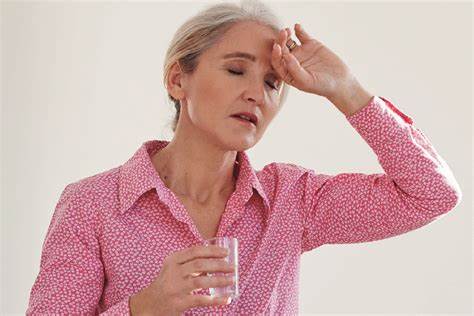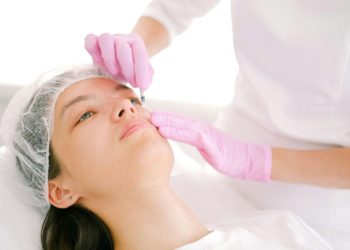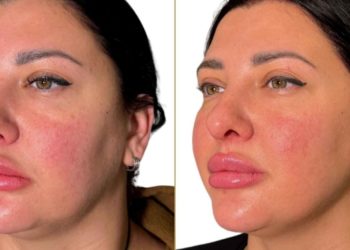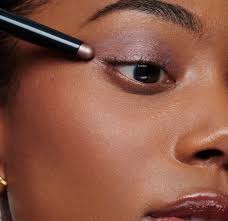Menopause is a normal life phase that involves a number of physical and emotional changes. Hot flashes, mood swings, sleep issues, and noticeable changes in hair and skin quality can all result from these hormonal changes. For many women, hair loss during menopause is one of the most concerning effects. Maintaining one’s general health at this phase of our lives can be facilitated by being aware of such signs and implementing practical management techniques.
Hair Loss During Menopause
As hormone levels decline after menopause, many women experience hair thinning or loss. Increased shedding and slower regrowth can result from reduced levels of these essential hormones. Additionally, elevated testosterone levels can shrink hair follicles, making hair more brittle. These effects can be minimized by following proper hair care routines and maintaining a nutrient-rich diet.
How to Manage Hair Loss During Menopause
Hair Loss During Menopause, Because the amounts of both hormones decrease after a period men many women lose their locks. Hair loss, greater loss, and poorer regeneration might result from the lowering of these steroids, which are essential for hair development.
Nutrient-Rich Diet: Additionally, hair follicles may shrink due to increased testosterone levels, making hair more brittle. These adverse effects can be reduced by following appropriate mane care procedures and eating food that’s high in nutrients.
Hydration: Getting enough fluid feeds the hair shafts and scalp, avoiding weakness and roughness.
Gentle Hair Care: Steer clear of tight hairstyles that can cause damage, harsh products, and high-temperature drying.
Worry management: Excessive stress might exacerbate hair loss. Deep breathing techniques, yoga, and meditation are among the activities that support healthy hormones.
Sufficient Rest: A regular sleep schedule promotes cellular renewal, which is necessary to keep hair and skin products healthy.
Speaking with a Professional: If hair loss becomes out of control, it might be helpful to consult a physician about treatment with hormones or vitamins.
Other Common Menopause Symptoms and Their Management
Night sweats and hot flashes”
Night sweats and hot flashes are among the most common menopause symptoms::
- Put on ventilated, thin clothing.
- At night, keep the sleeping area cool by using an air conditioner.
- Steer clear of irritants such as drugs, coffee, and salty meals.
- 4 Decrease their frequency by using relaxation strategies like belly breathing.
Mood Swings and Emotional Changes
- Mood swings, anxiety, and even melancholy can result from hormonal shifts. To keep mental equilibrium:
- Get frequent exercise to increase endorphins which improve attitude.
Eat an adequate meal full of vitamins and omega-3 fats. - Seek social support, and if needed, consider consulting a therapist..
Changes in Skin Health
Dryness, creases, and a decrease in skin suppleness might result from menopause-induced decreased collagen formation. To keep skin in good condition:
Use skincare products with hyaluronic acid and vitamin C to boost hydration and collagen production.
Use sunscreen every day to guard against UV ray damage.
Drink additional water to keep your skin moisturized.
Conclusion
Menopause brings several changes to the body, but symptoms may be properly treated with the correct strategy. A mix of healthy eating, stress reduction, and self-care practices can help women maintain their health and confidence during this switch, preventing everything from fluctuating emotions and skin issues to hair loss. Prioritizing healthy habits ensures a smoother and healthier transition.


![7 Best POS Software in the UK [2026 Edition]](https://todaynews.co.uk/wp-content/uploads/2026/02/7-Best-POS-Software-in-the-UK-2026-Edition-360x180.png)








































































